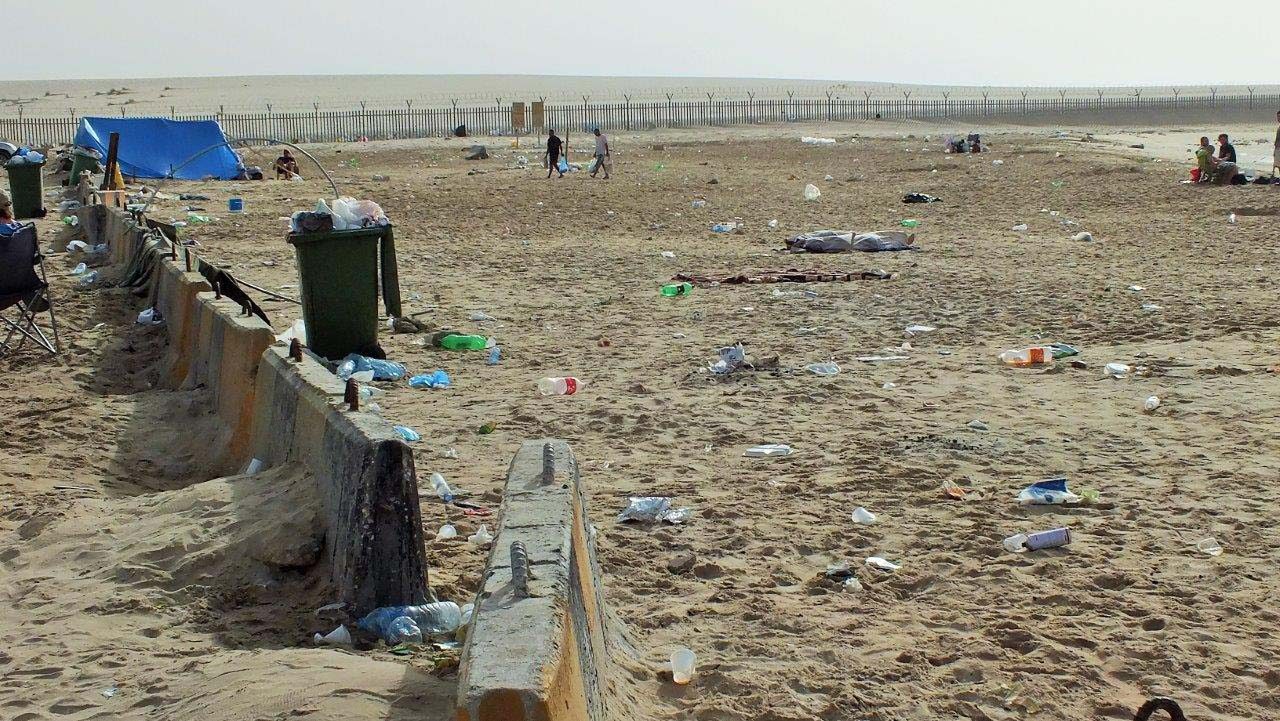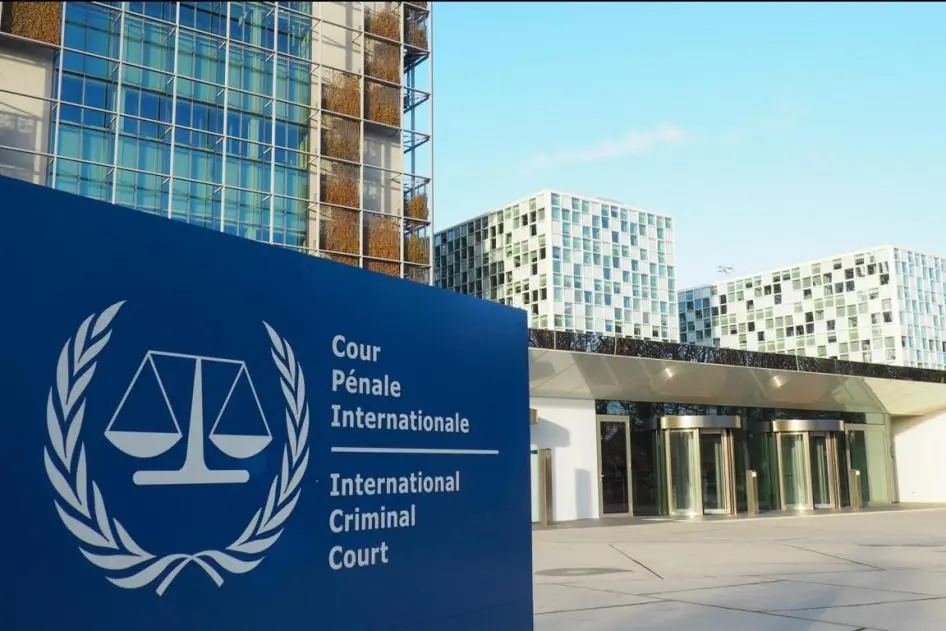
In an effort to keep individuals caught littering, abandoning their vehicles or committing other municipal offenses out of court, the government is reportedly considering a plan to reduce the fines for offenders who quickly admit they’re guilty.
Currently, individuals and companies found breaking municipal laws see their fine reduced by 75 percent if they pay within 24 hours of being formally cited. But in a bid to give offenders more time, Qatar’s Advisory (Shura) Council has endorsed changes that would widen the window to seven days, Al Sharq reported.
Perpetrators who don’t pay within a week are still eligible for a 50 percent break if they settle up before a court verdict is issued.

The law applies to a variety of violations for individuals, including littering and spitting in public, as well as offenses committed by businesses such as health violations, non-renewal of licenses and unauthorized building construction.
The current maximum fine for dumping garbage on roads, beaches or other public spaces in Qatar is QR5,000 (US$1,373) for a first offence and doubles to QR10,000 ($2,746) for subsequent violations.
The proposed measures would not apply to repeat offenders or individuals facing jail time and would not affect administrative sanctions issued by inspectors, such as the forced closure of a restaurant.
Crowded courts
The total number of citations issued by municipal inspectors is not known, although there is a perception among some residents that enforcement of laws against littering, smoking in public places and other minor offences remains lax.
There were 2,938 municipal violations related to “hygiene,” “food,” “buildings” and “beauty saloons” recorded in December 2014, according to figures published by the Ministry of Development Planning and Statistics.
That dropped to 1,566 in January, after which the ministry ceased publishing complete municipal violation statistics.

Offering residents an incentive not to fight their fine in court could also help reduce the strain on the country’s legal system, which is struggling to keep pace with Qatar’s rapidly growing population.
Lawyers said earlier this year that 67,552 cases were heard before the country’s courts in 2008. By 2013, that had climbed 20 percent to 81,169 cases, prompting legal experts to propose ideas aimed at reducing trial delays and backlogs.
In theory, fewer court cases would also mean municipal inspectors could spend less time testifying as witnesses and more time looking for violations at a time when the government is trying to reduce littering and other anti-hygienic practices.

Last year, the Ministry of Municipality and Urban Planning (MMUP) launched a cleanliness campaign under the slogan, “We all see you …You are not alone,” which also took aim at spitting in public and leaving rubbish on public beaches.
The MMUP also set up a dedicated department in the Office of Public Prosecution to deal with environmental and municipal violations last year.
Its jurisdiction includes laws governing public hygiene, food safety, smoking bans, animal welfare and water and energy conservation.
Thoughts?







